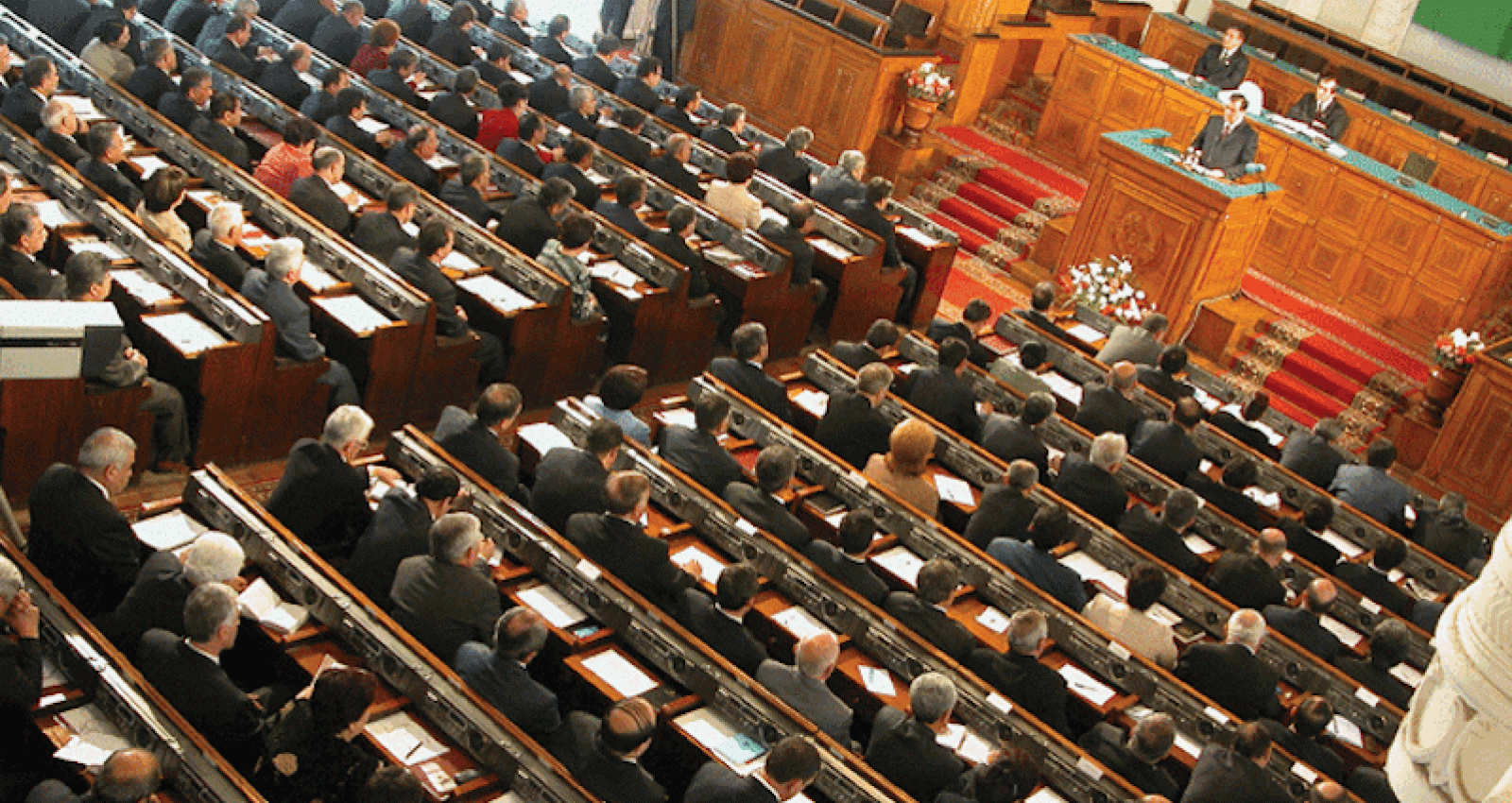Evaluation Supports the Work of Parliamentarians
Producing evidence from the past to inform future actions serves to heighten the level and quality of public debate.
Producing evidence from the past to inform future actions serves to heighten the level and quality of public debate.
By: Caroline Heider
Producing evidence from the past to inform future actions serves to heighten the level and quality of public debate.
In a blog I wrote towards the end of last year, I argued that evaluation should play a greater role in the work of parliamentarians. Why? Simply put, parliamentarians engage with the World Bank Group; they play an important role debating and passing national policies and legislation with which the Bank Group interacts; they hold governments to account; and, crucially, parliamentarians are accountable to the constituencies who voted them into office.
All of these functions, as well as the informed discussions and decisions that parliamentarians engage in, require evidence â of what has worked in the past, what hasnât and why. And it is providing just such evidence that is at the heart of evaluation. This is not to say that evidence from evaluation is the only type of information that should drive decisions. But it can, I believe, help to identify predictable risks, prevent avoidable mistakes and, ultimately, produce better results.
What does this mean in practice?
Letâs, for example, take private sector development. IEGâs evaluation of the Bank Groupâs work in public-private partnerships (PPPs) showed that many stakeholders see these arrangements as a desirable solution to various issues, based on the belief that the private sector is best placed to deliver services. This is often true, but not always so. Our evaluation showed that if the political will is lacking, deals will fail before negotiations are completed; or if governments do not have the capacity to negotiate, engage in, and manage PPPs, deals might not work for everyone. In the end, the delivery of services may not be as efficient as expected, and the drain on public resources may be greater than anticipated. And, while plenty of examples exist of how service provision can be improved through PPPs, it is hard to tell whether such improvements benefit the poor.
How is this different to the advice that the World Bank Group gives?
IEG evaluates what the World Bank Group does. We provide an independent assessment of the Bank Group's activities and investment to determine what works and what needs to be improved. We are independent in that we report directly to the Executive Board rather than management, and we have a mandate to take a critical look at results and performance. The Board decides the appointment of the Director General, Evaluation, and approves the work program and budget.
IEG's work is a systematic effort to ensure accountability vis-a -vis shareholders, client countries, and the public at large. So, for example, as the World Bank agrees with client countries to finance projects, or introduce policy changes, it makes commitments for which it - together with its partners - is responsible. Our role is to evaluate the extent to which commitments are met, and to provide feedback to facilitate ongoing improvement. The provision of that objective, evidence based perspective can be of significant value to parliamentarians and can be used to support debate about optimizing policy and practice.
IEG evaluations draw lessons from experience that help build on and replicate success, while preventing the repetition of avoidable mistakes. Let's look at another couple of examples from private sector development. When we evaluated the Bank Group's targeted interventions to promote small and medium enterprise development, we found that too many of these interventions were not very clear about the market failures they aimed to address or about their effects on enterprise development. As a result, questions remained about whether these interventions had created more businesses, whether businesses created more jobs, or whether mechanization had produced efficiency gains and better profits? Our evaluation of interventions to improve the investment climate of client countries found relevant reforms generally produced results in terms of legislation and favorable business processes, but there was little proof that they had resulted in greater foreign investment flows. The legislation reforms also took an enterprise-centric perspective that focused less on the broader development effects of these reforms.
The fact that these important lessons might not have been learned in the absence of the evaluation process is, of course, relevant well-beyond the World Bank Group. By generating evidence of success as well as failure, evaluation can support the work of parliamentarians, helping to ensure that policy debates informed by facts from past experience result in better outcomes in the future.

Comments
Add new comment